Is hormone therapy off the table?
Don’t worry. It’s not the only way to keep menopause symptoms in check. ✅
There are other ways to support your wellbeing during perimenopause, menopause, and beyond.
Personally, my menopause journey didn't start with hormone therapy. I thought because of my family history of breast cancer, it wasn't an option for me. But it turns out this was only a myth (and if you want to read about other hormone therapy myths, click here.)
Thankfully, I found LOTS of other options to ease my symptoms, so if you aren't able or aren't ready, menopause does not need to be miserable.
And even though I am on hormone therapy, I still incorporate most of the following alternatives because they continue to make me feel great!
⚠️ But before we dig in, here’s a caveat. These will involve some trial and error, so remember to be kind and patient with yourself throughout this process!
Dietary changes
What you eat can have a HUGE effect on your menopause symptoms (hot flashes, irritability, or moodiness) for better or for worse. One of the quickest ways to feel like yourself again is to consider reducing refined, processed, and preservative-heavy foods. (This is an excellent idea for anyone’s health.😉)
But you can also…
Cut down on caffeine, alcohol, and spicy food. Trust me, I love my coffee and spice, but these foods have been linked to either more hot flashes or making the hot flashes worse. One less coffee daily or finding an alternative may be worth it.
Up your calcium & vitamin D intake to mitigate the risk of osteoporosis, which is more common during or after menopause. And hey, eating a diet (or taking a supplement) rich in these vitamins can help boost your mood, too!
Increase your overall nutrient intake. Add more fruits, vegetables, whole grains, quality protein, and healthy fats to your diet to boost how many nutrients you consume in a day. Can you add more veggies to your plate? Do it! During menopause, you need more nutrient-dense foods to keep your energy up and mind fog-free.
Here’s a nutrient-dense smoothie recipe that’s my morning go-to!
Exercise
Maintaining muscle mass, joint health, balance, and bone strength is crucial for menopausal women. As we age, we start losing muscle mass and are more at risk of developing osteoporosis. This is not fun.
But thankfully, just adding a few minutes of exercise daily can significantly reduce your risk. And that IS fun.
Strength training: Lifting weights or other strength exercises will help you maintain muscle mass and strengthen your bones. Building more muscle increases your metabolic rate and burns more calories at rest. Double-win!
Balance exercises: Tai Chi and yoga are great for keeping you steady on your feet and have a whole host of other benefits, too, like stress reduction, flexibility, and mobility.
Don’t forget about cardio! You still need to get that heart rate up for cardiovascular health. Just remember to add strength training to your cardio routine, so you retain valuable muscle. And if you need to go easy on your joints, try low-impact exercises like biking or swimming.
If you're new to exercise, start with one thing at a time and slowly increase. Doing something is better than burning out or, worse, injuring yourself.
We’re about progress, not perfection here!
Supplements
*Be mindful that the FDA does not regulate supplements, so please use them carefully. Just because these are natural products doesn’t mean they’re automatically safe for you. Check with your doctor before taking any new supplement.
VITAMINS
B vitamins – for a natural boost in energy levels.
Vitamin E – reduces oxidative stress (and might improve hot flashes!).
Omega 3’s – to lubricate the body and aid in vaginal dryness.
HERBAL SUPPLEMENTS
Black cohosh or chaste tree – both natural ways to balance hormones for some women
St John’s wort – can improve sleep quality
Dong Quai – may improve estrogen levels
Maca – might balance hormones and increase sexual function
Red clover – can reduce hot flashes
Sage – can minimize hot flashes and other menopause symptoms
Milk thistle – can balance hormones and might prevent osteoporosis
Valerian root & hops – when taken together, have been shown to reduce sleep disturbances
Stress management
Did you know that your adrenal glands become a key source of estrogen once you start menopause? That means if you're chronically stressed (aka, your adrenal glands are working overtime), they won't function as well, leading to lower estrogen levels.
And low estrogen levels mean more hot flashes, mood swings, and vaginal dryness (AKA menopause symptoms we want to avoid!)
Here are some things to try:
Mindfulness meditation – breathing and cultivating inner peace will help reduce stress and improve hot flashes and night sweats.
Cognitive behavioral therapy (CBT): reframing negative thoughts into a more positive mindset can also improve mood and sleep quality!
Medications
Antidepressants can help treat any depression or anxiety that comes up as a result of changing hormones during perimenopause and menopause.
Clonidine is a blood pressure medication that can be used to reduce hot flashes and night sweats.
Gabapentin is a medication used to treat seizures that can also reduce hot flashes.
There are so many hormone therapy alternatives, but ultimately, you'll need to do your own research and experiment with what works for you.
If you want to dig deeper, I had an incredibly enlightening conversation with world-renowned integrative nutritionist and hormone expert Alisa Vitti.
We discuss women’s cycles in depth to help them navigate significant hormonal changes (like menopause). Alisa shares what’s going on hormonally before, during, and after menopause and what diets, exercises, and supplements work for each phase of a woman’s life.
Check out our conversation here!
Remember, menopause is a natural process that every menstruating person will go through. But you have the choice to let menopause happen to you, or you could work with this new phase of life.
To support your body through perimenopause and menopause, check out my Menopause Masterclass!
You’ll find a variety of conversations with world-renowned experts on all things menopause in this Masterclass. Looking for how to exercise in menopause? Or how about dealing with a frozen shoulder? What about telling the difference between menopause and depression symptoms? Find answers to these questions and much more in my Masterclass.
Even if you can’t do hormone therapy, there are SO many other ways to support your body as it goes through one of the most significant changes of your life.
And I’ll be here, posting as much information as possible to keep you informed.
Tamsen






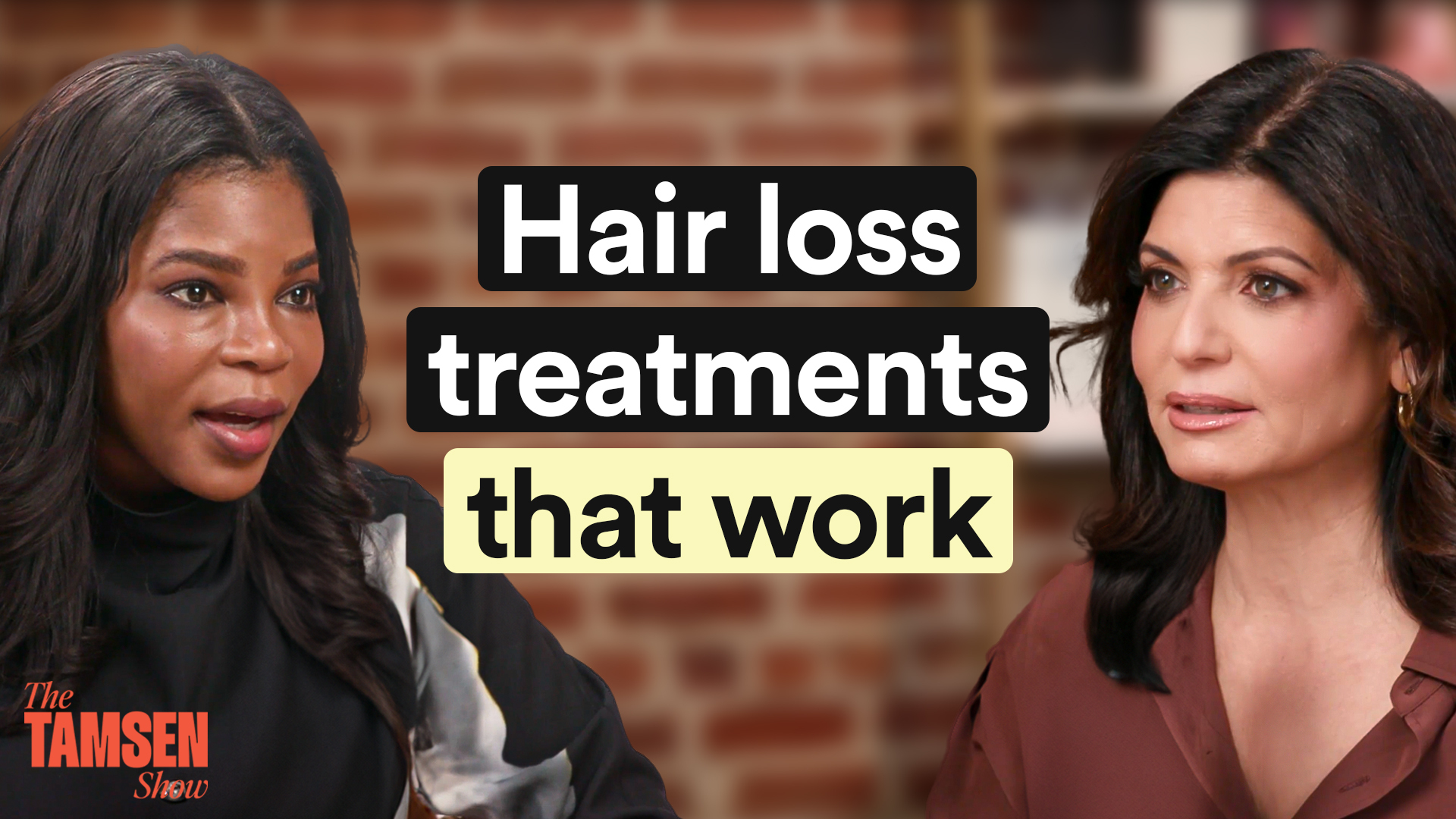
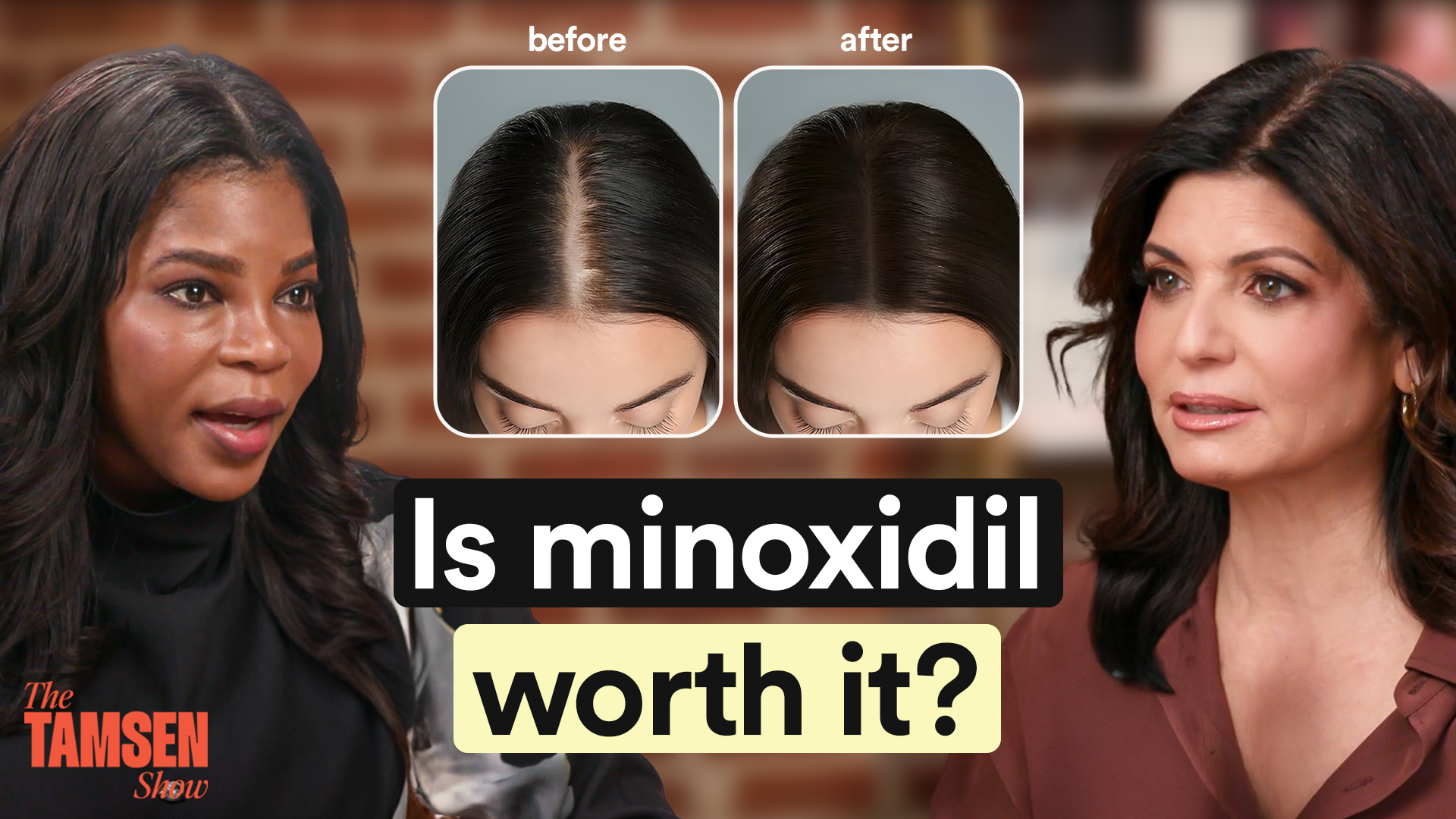

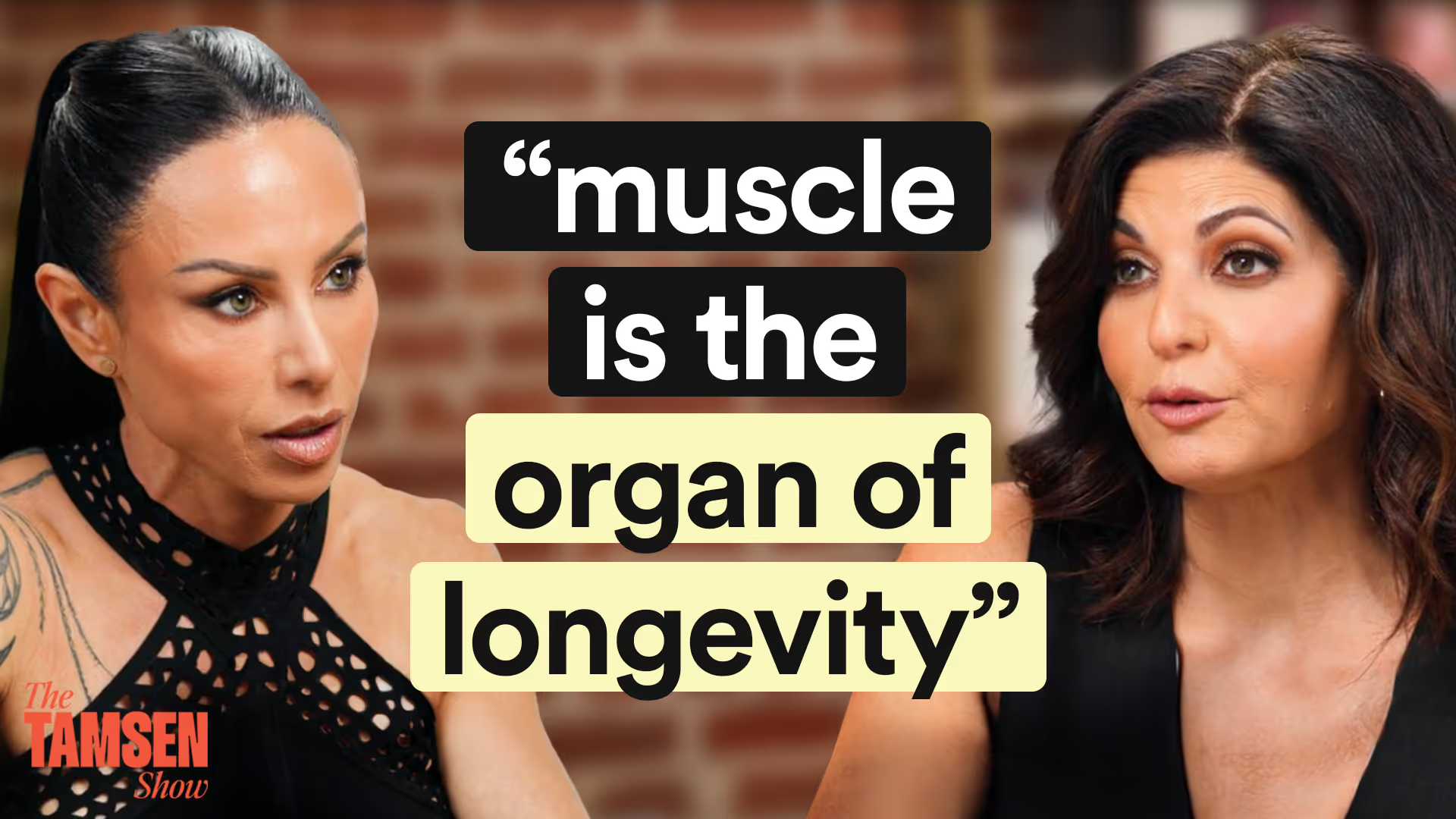
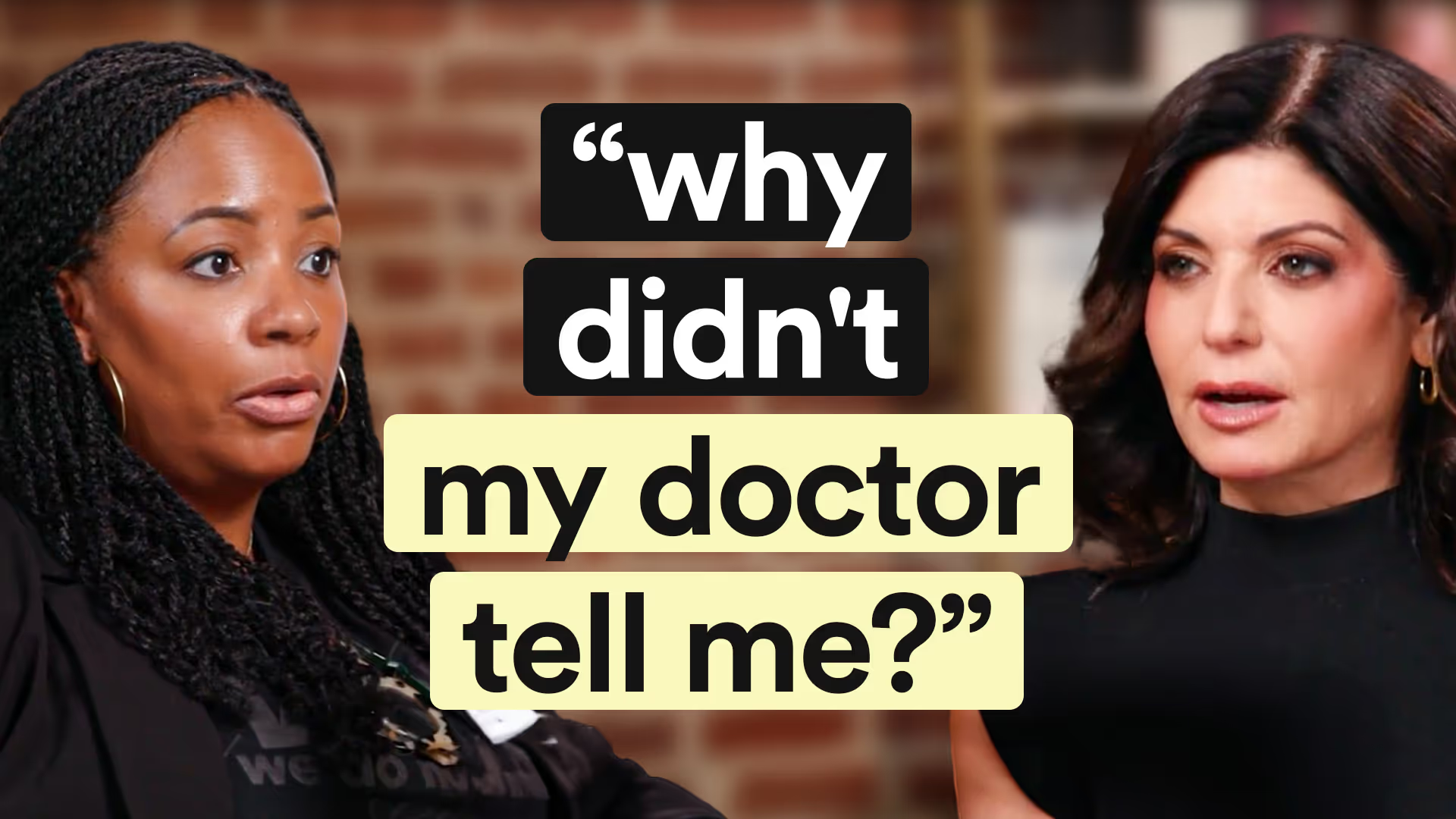
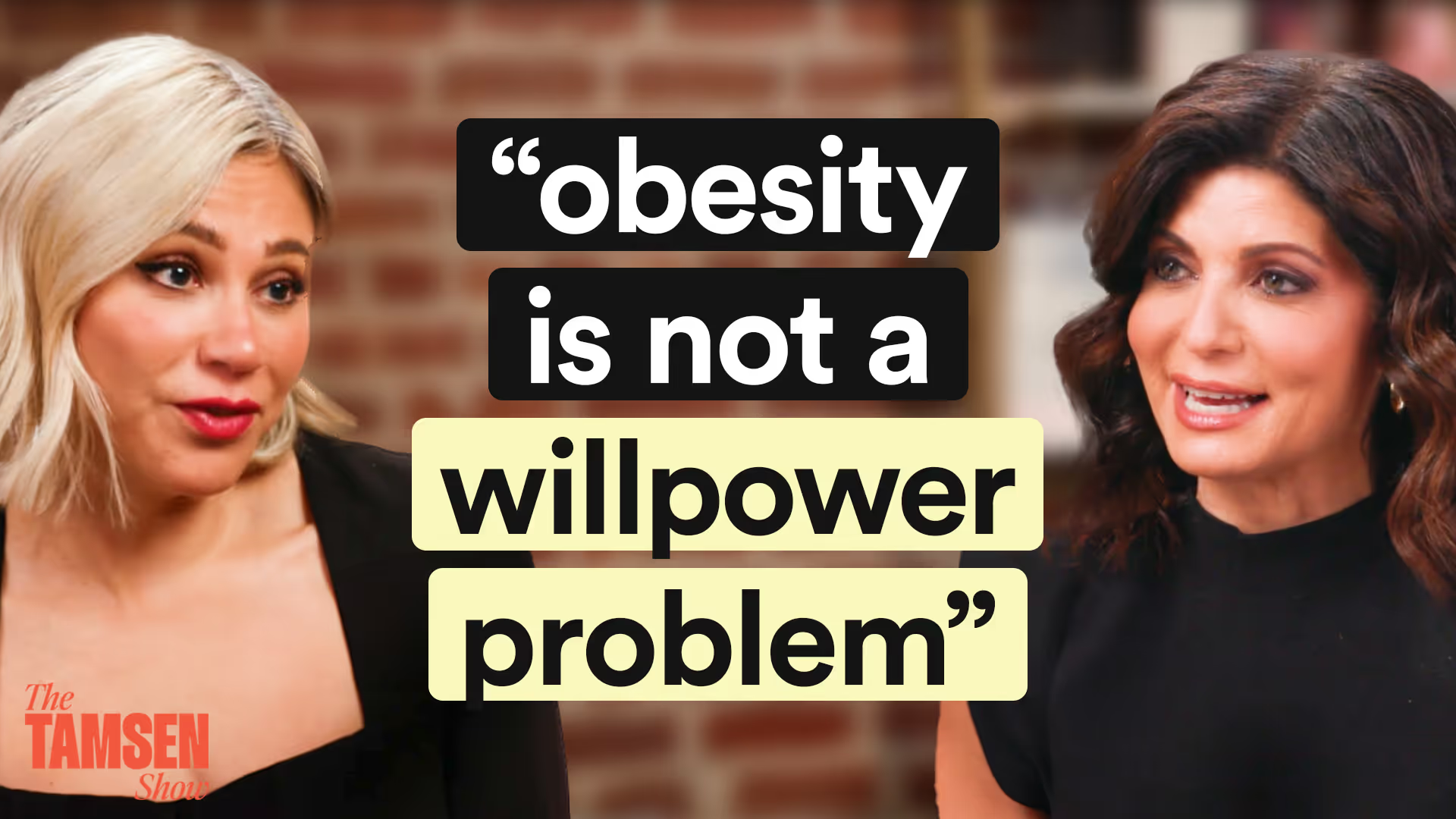
.avif)
.jpg)